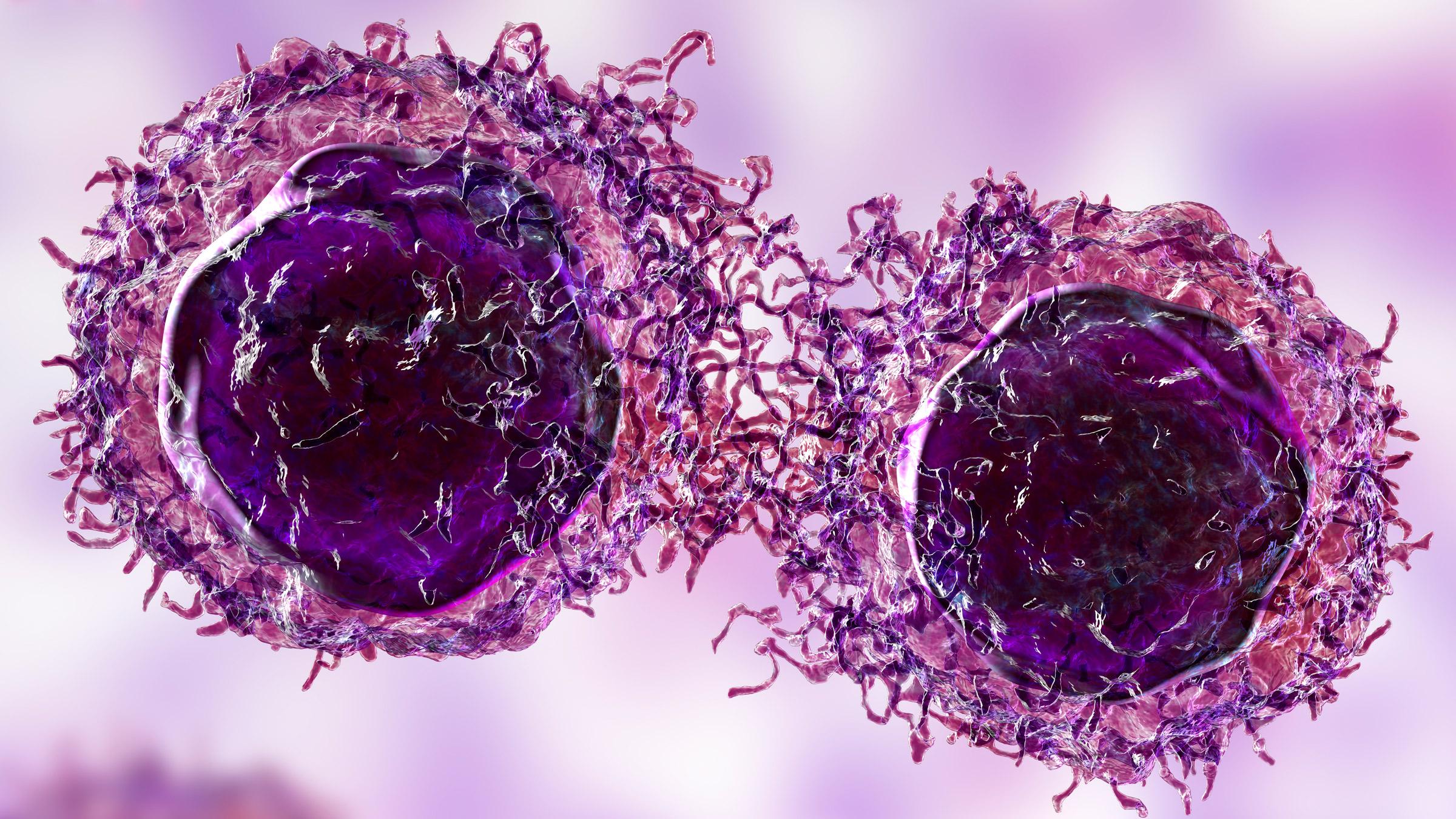

Shravan Kannan
BASIS Independent Silicon ValleyClass of 2023San Jose, California
About
Hello! I'm Shravan Kannan, and my project is on designing a CRISPR-Cas9n genetic therapy for Lynch syndrome (hereditary non-polyposis colorectal cancer). I chose to work on this project as I wanted to find a cure for cancer through a genetic means. After my project is complete, I will publish my paper into JEI, Journal of Emerging Investigators.Projects
- "A theoretical gene therapy for hereditary nonpolyposis colorectal cancer using CRISPR-Cas9 nickase" with mentor Josh (May 10, 2023)
Shravan's Symposium Presentation
Project Portfolio
A theoretical gene therapy for hereditary nonpolyposis colorectal cancer using CRISPR-Cas9 nickase
Started June 2, 2022

Abstract or project description
Hereditary non-polyposis colorectal cancer (HNPCC) is an inherited disorder characterized by an increased risk of developing colorectal cancer before age 50. HNPCC is predominantly caused by genetic mutations in MLH1 and MSH2, which are involved in DNA mismatch repair. Current standard practice is to perform prophylactic colectomy, resulting in debilitating aftereffects for life. Though the genetic cause of HNPCC is well-known, there are currently no available treatments that target these mutations. Herein we describe a novel theoretical approach using a CRISPR-Cas9n-based genetic therapy to restore DNA mismatch repair. First, gRNA and template DNA targeting the most prevalent mutation clusters in MLH1 and MSH2 as well as CRISPR-Cas9n elements will be packaged into an integrase-deficient lentiviral vector. Then, the viral vector will be used to transduce human colonic tumor-derived organoids as well as administered systemically in mouse models of HNPCC. Mice will be monitored clinically and for signs of disease progression. At termination, colonic tissue will be harvested and analyzed for restoration of the wild-type MLH1 and MSH2 sequence and biochemical markers of HNPCC. This proof-of-concept may potentially offer an alternative strategy using CRISPR-Cas9n-based gene therapy to prevent tumor formation in patients, avoid morbid surgery, and significantly improve quality of life.